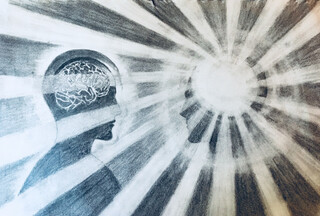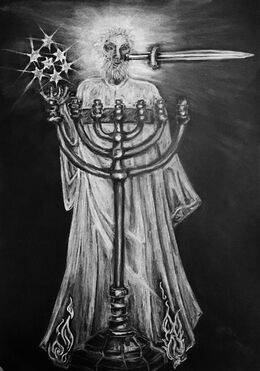Synopsis
SECTION 1: PARABLES

The parables of Jesus are not simple moral directives, but rather they give insight into the past, present, and future status of the Kingdom of God. At the time of Jesus, the Kingdom was in shambles, but Christ came to rebuild and find what had become broken and lost. He spoke in parables to keep hidden the work He was to complete on behalf of His Father, which is the mystery of God, and the answer to the question, “what happened to the Kingdom promised to Abraham, Isaac, and Jacob?”
Jesus told His disciples that it was not for them to know the times of the Kingdom’s restoration (Acts 1:6); it would be centuries into the future. Today, however, with the Kingdom rebuilt and restored the mystery of God is completed, and his parables are ready to be understood.
The selection of parables chosen in this section illustrate that Jesus was focused on the delivery of God’s promised Kingdom to Abraham. It can be shown that Jesus understood, two thousand years ago, what would be in store for Jerusalem, Judaism, and the lost tribes of Israel.
SECTION 2: GOD’S BURDEN

The focus of Christianity is generally centred upon what we must do to be righteous and acceptable to God. The truth, however, is that God has made it His responsibility to provide the solution for humanities survival. The promise to the fathers of Israel was made for the sake of all humankind, and so the importance of God keeping His word is paramount. The project that was begun with these promises would take millennia, require the intervention of the Son, and it still has more than a thousand years to go. But finishing the promise made to Abraham is God’s righteous burden and duty.
SECTION 3: HEAVEN & HELL

With the Church focused on itself and the continual struggle with self-righteousness, misconceptions and superstitions concerning heaven and hell have flourished. The role of the Church is to bear witness of the work Christ has been labouring with on behalf of His Father since His death and resurrection.
A preoccupation with self-reflection and an obsessive concern with personal salvation, has distracted our thinking from the original design that was laid out with the vision shown to Abraham. The result of these distractions are the fabricated churches of our own imaginings that have ranged from the benign to the convoluted and overtly manipulative institutions that have saturated the last two thousand years.
SECTION 4: REVELATION

Like the parables, the book of the Revelation of Jesus outlines the work of Christ with symbolisms that can be understood today because the work of restoring the Kingdom is completed. The basis for understanding prophecy is the belief that God does not change. So, we can be confident that all the words of Christ, His allegories and Revelation, no matter how strange the imagery may appear, will always feed back into the promise that was made to the fathers of Israel.
